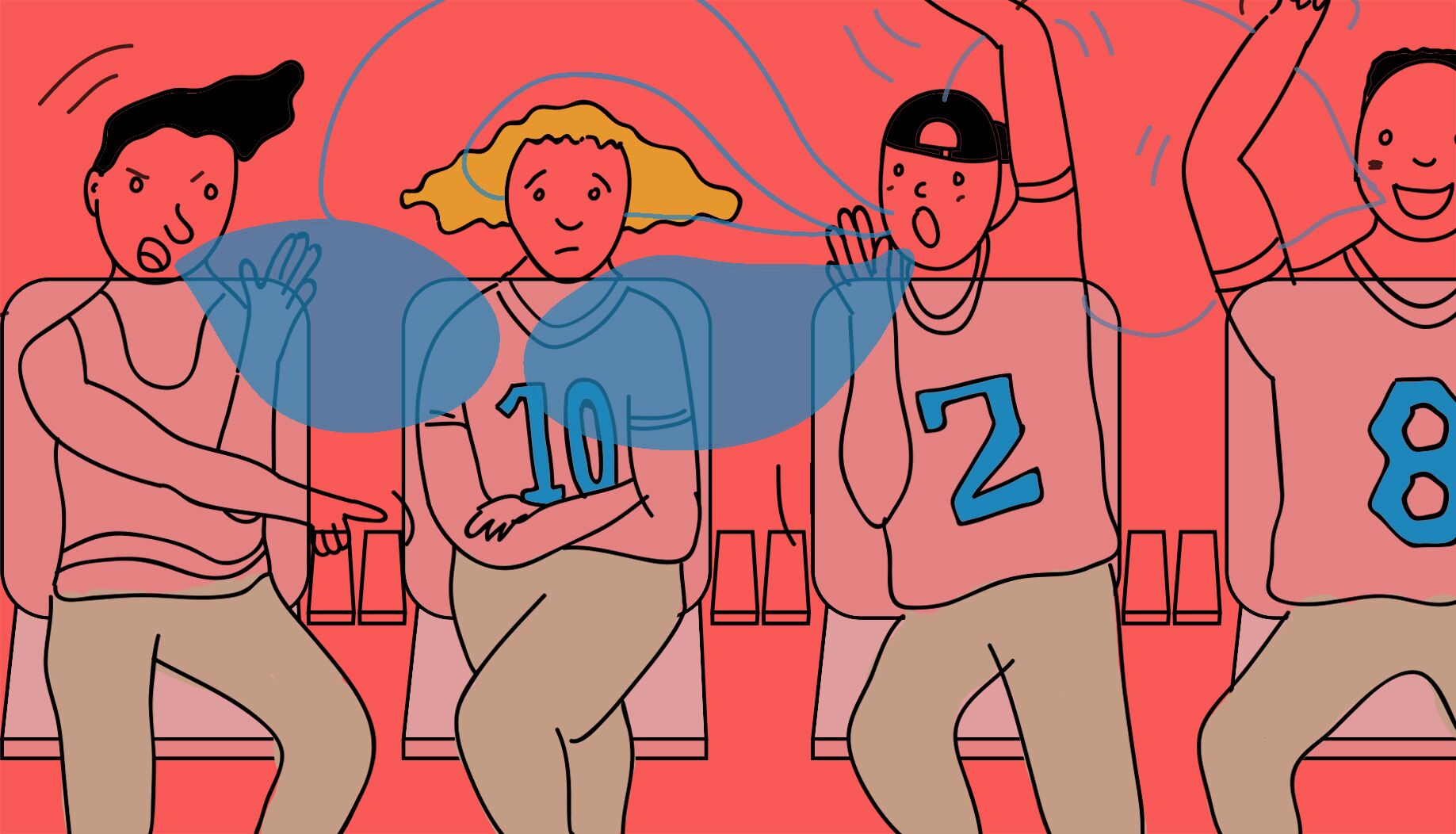Let us start over!
American writer Walter Lippman once said that “the subtlest and most pervasive of all influences are those which create and maintain the repertory of stereotypes. We are told about the world before we see it. We imagine most things before we experience them. And those preconceptions, unless education has made us acutely aware, govern deeply the whole process of perception.”
We are all born equal. It is stereotypes, however, that make us think in an “us” versus “them” mentality as we start grouping all people who do not look like us into one category. Stereotypes then lead us to ignore all differences between people within these categories. Being from the Middle East, I am automatically thrown into the “Arabs” group.
“You don’t look Arab! How do you speak three languages? Did you live in a desert? Did you come here to escape some war?” As a Lebanese woman studying in a foreign country, I’ve been asked to answer these questions on several occasions. Stereotypical opinions about Arabs have long been shaped by the Western media and their personal view of the Middle East.
Edward Said, a Palestinian academic, was one of the first people to research orientalism and how the West views the rest. In an adaptation of his book Orientalism, Said talks about “the constant sort of disparity [he] felt between what my [his] experience of being an Arab was, and the representations of that that one saw in art.”
I like to believe that the world has evolved and people are more educated today, but the truth is we still have a long way to go.
That is not to say that the Arab world does not have its own set of problems. Being part of the LGBTQIA+ community is still prohibited in most Arab countries. Bahrain, Iraq and Jordan are the only three countries in the Middle East that do not criminalize homosexual relations.
I find that Lebanon’s case on this matter is particular. Even though homosexuality is criminalized, there is a still a big LGBTQIA+ community in the country. Compared to its neighbours, Beirut is “secretly” progressive.
This week’s opening of the World Cup, however, set us back in time once again. With fans coming to support the players from different countries and backgrounds, they were met with the reality of Qatar’s laws and culture. Qatar’s penal code criminalizes homosexuality, and LGBTQIA+ members could face imprisonment.
Instead of being proud that an Arab country is hosting the World Cup for the first time in history, I cannot help but feel disappointed about these laws still existing today.
The BBC decided not to broadcast the World Cup opening ceremony to express their opinion on the matter. While the World Cup is one of those events that should be uniting all countries together, it is creating even more prejudice and hatred towards Arabs.
It is important to understand that not all Arab countries are the same and that no two people are the same. Even within the same family, views could differ. If we treat people as individuals and not collective entities we can start creating new narratives.
